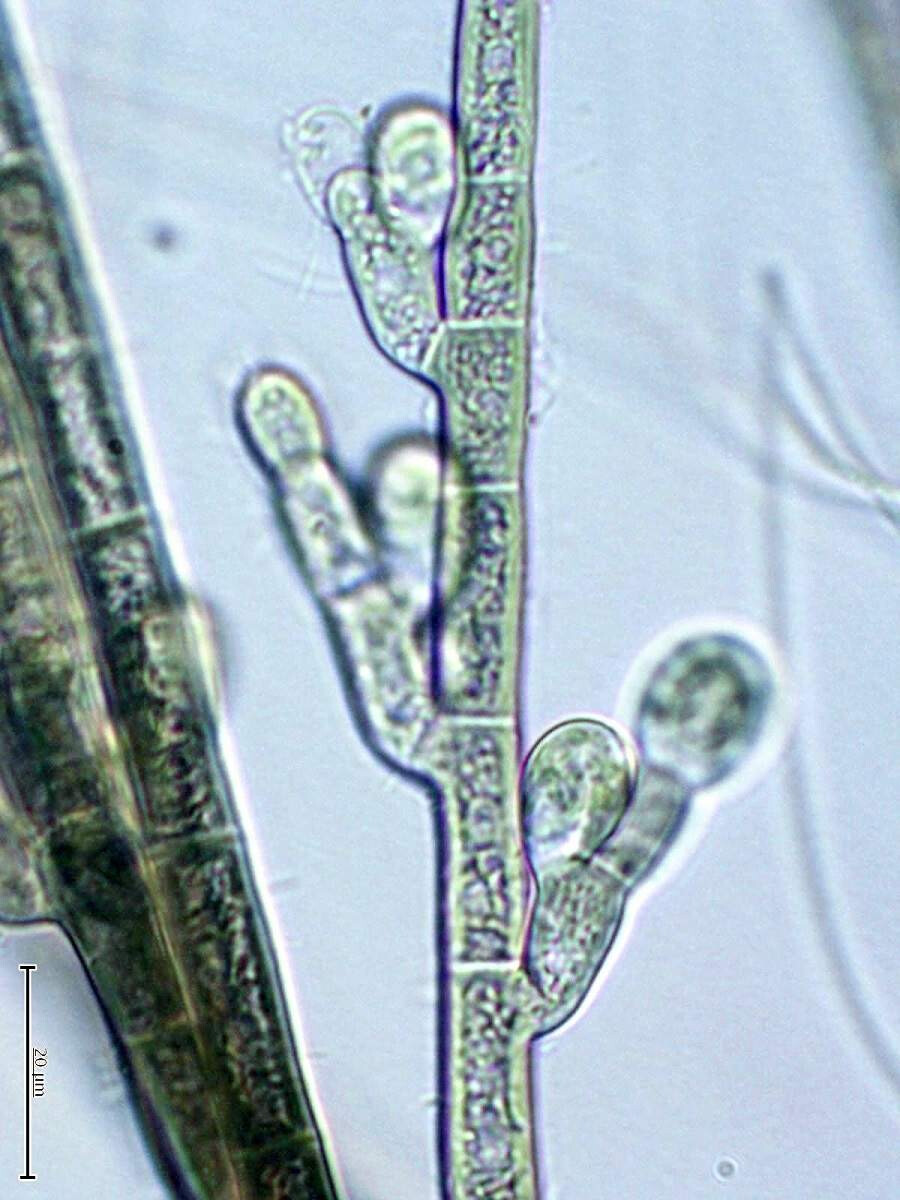
TOKYO – In a surprising discovery highlighting the resilience of nature even in urban environments, a research team led by the National Museum of Nature and Science (NMNS) has announced the identification of a new species of Kawamozuku, a rare red alga, within the basin of an artificial waterfall in Kitanomaru Park, adjacent to the Imperial Palace in central Tokyo.
The newly discovered species, named "Kitanomaru Kawamozuku" after the park where it was found, is believed to have adapted to the unique, artificially managed water environment of the waterfall. This discovery is particularly noteworthy given the rarity of finding new alga species in densely populated urban areas.
Kawamozuku algae typically thrive in pristine, clear streams with stable water temperatures, such as those found in natural springs and rural waterways. Approximately 25 species of Kawamozuku have been identified in Japan, many of which are designated as endangered species on the Environment Ministry's red list.
The discovery occurred in April 2023 when NMNS researcher Taiju Kitayama and his team collected samples of the reddish-brown alga growing at the bottom of the waterfall basin. The collection was part of a broader biodiversity survey being conducted at the Imperial Palace. Subsequent DNA analysis confirmed that the alga was indeed a previously unknown species of Kawamozuku.
The artificial waterfall in Kitanomaru Park was constructed in 1969. The park's administrative office explained that rainwater and groundwater are circulated between the waterfall and a nearby pond using a pump system. This controlled environment appears to have provided the necessary conditions for the new species to evolve and flourish.
"This discovery demonstrates that Kawamozuku can adapt and thrive in areas influenced by human activity, provided that the water environment is carefully maintained," commented Mitsunobu Kamiya, a professor at Tokyo University of Marine Science and Technology specializing in algae. "It's a significant finding, especially considering the declining natural habitats of Kawamozuku. This highlights the importance of even small urban green spaces for biodiversity." The research team's findings offer a glimmer of hope for the preservation of this delicate alga, even within the concrete jungle of Tokyo.
[Copyright (c) Global Economic Times. All Rights Reserved.]






























